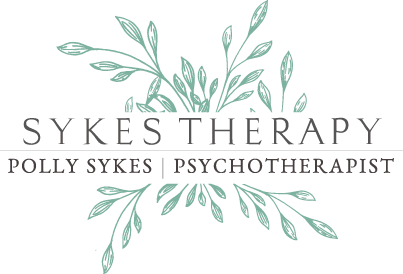Here are the answers to some questions you may have. If your question is not answered please contact me directly so I can answer it for you.
Are session fees covered by OHIP or Health Benefits?
OHIP does not cover the services of Psychotherapists (only Psychiatrists are covered under OHIP). Many insurance companies cover Psychotherapy in their extended health-care plans so you can claim these benefits and get reimbursed for your session fee. Check that your plan covers the services of a Registered Psychotherapist. I am Registered with the College of Registered Psychotherapists of Ontario. I will provide you with the receipt needed to submit to insurance at the end of each session.
What happens in our first session?
In our first session we will have a chance to meet face-to-face and you will get a sense of what it will be like to work with me. I will explain more about my services and we will sign some paperwork. Then I will try to understand what you want to work on in therapy and what difference you would like to see in your life as a result of our sessions together.
Because the relationship, or fit, between us is so important to the therapy being helpful, the first session is very much a chance for you to decide if it feels right to continue working with me. I will check with you at the end of our first session as to whether you wish to move forward.
How long do I need to come to therapy?
Often people see good results and may be ready to end therapy or see me less frequently after eight to ten sessions, other clients meet with me for a longer period of time. This time-line will depend on the issues we are working on. I will regularly check-in with you to discuss how we are progressing and I will share my views if I believe our work together could be nearing an end. You will always be welcome to contact me again in the future if you want to continue our work together down the road.
What makes psychotherapy different from talking to a friend or loved one?
As a professional I am bound by confidentially which means I will not talk about what we work on in our sessions with others (there are legal exceptions to this which we will cover in our first session). You don’t have to worry that something you say in confidence will be shared without your permission and knowledge.
Another distinction is that in a psychotherapy relationship I am here entirely for you, and I do not get my emotional needs met through our relationship. I am a professional with skills which allow me to listen to you, understand you and provide you with insight based on my psychotherapy training and expertise.
Why did you decide to become a Psychotherapist?
I am drawn to psychotherapy because my work is focused on connecting with, understanding and helping people. I have been intrigued by this for as long as I can remember. When I get to see the vulnerable and often hidden-away parts of another person in therapy, I feel profoundly honoured to be present in that moment and to be a support in the healing and change that can emerge from this experience.
Since being a client in therapy has been a component of my training to become a therapist, I also have a lived understanding of not only the healing and curative powers of therapy, but also of the bravery required to engage in the process.
These lived experiences continue to guide me in my work and remind me of the courage my clients demonstrate by showing up to therapy, by trusting me, and by continuing to strive for more fulfilling lives despite the struggles they face.
Why did you chose to practice couple therapy?
I believe in the importance of healthy relationships and also understand the challenges that couples face in sustaining a strong relational bond with all that life can throw at us. I am deeply motivated by a desire to help people navigate these challenges and to guide partners who have drifted apart find each other again.
What are your credentials?
I am a Registered Psychotherapist with the College of Psychotherapists of Ontario with a Masters Degree in Counselling Psychology from UofT (2008) and a graduate Diploma in Art Therapy (2001).
I am a professional member of the International Centre for Excellence in EFT and a Certified member of the International Association of Trauma Professionals.
I have extensive post-graduate training in the assessment and treatment of trauma, Mindfulness, and Emotion-Focused Therapy for both Couples and Individuals.
I will always continue to engage in learning and professional development in my field.
